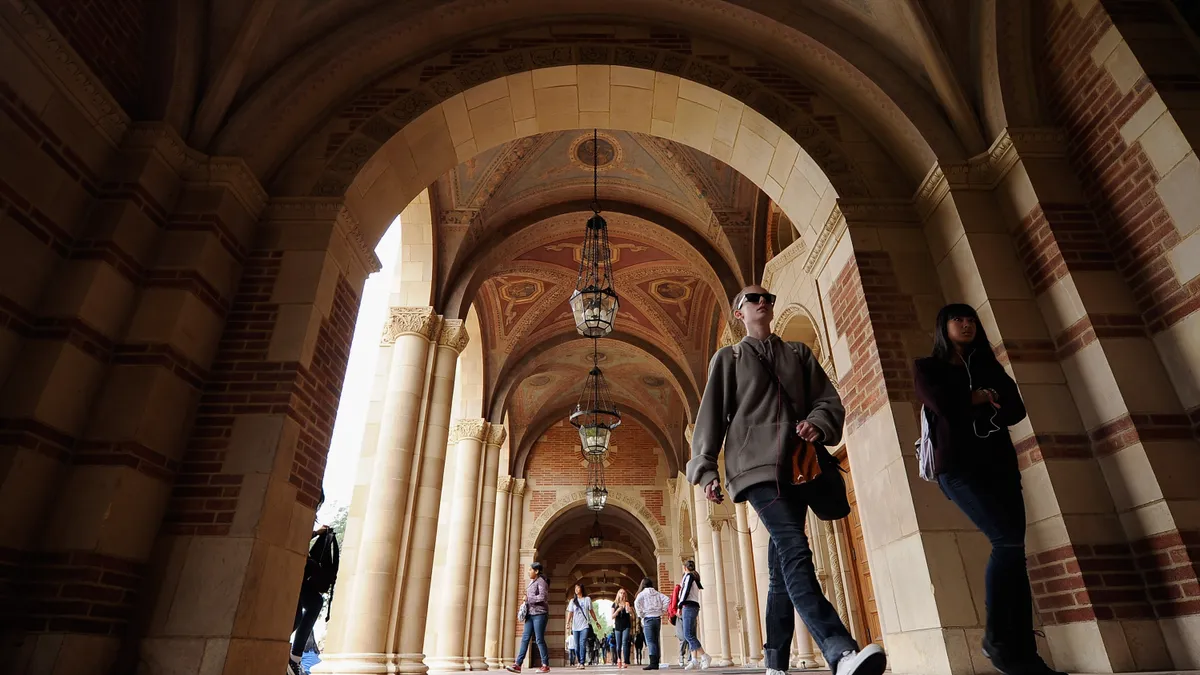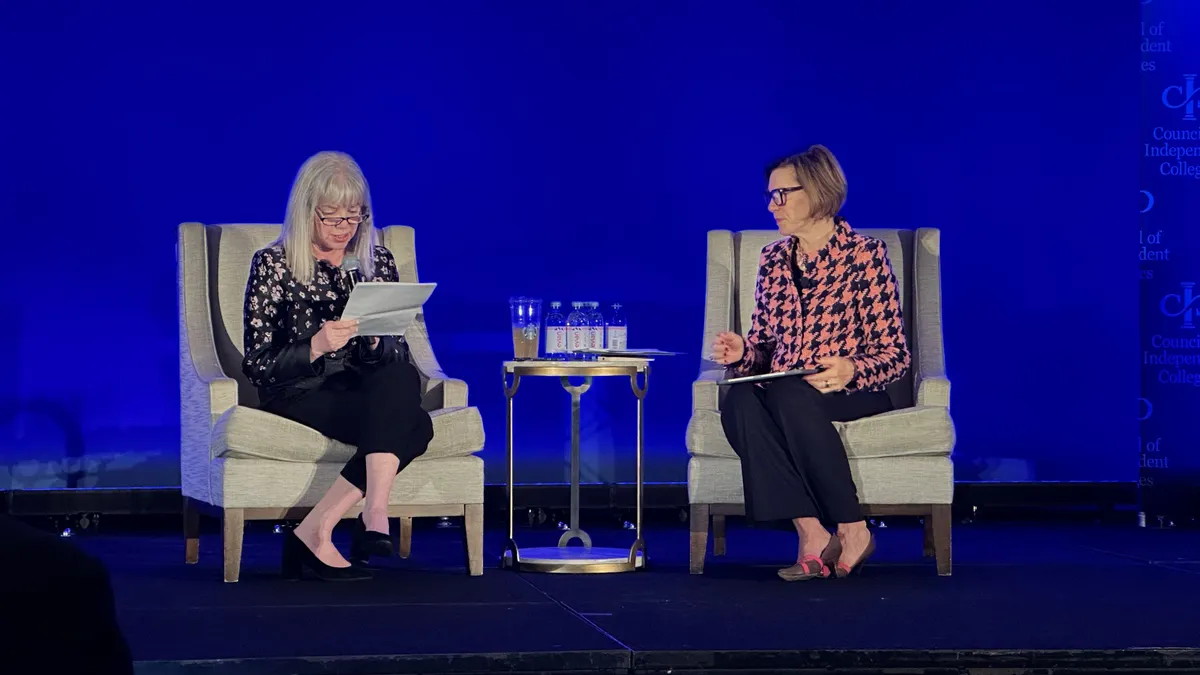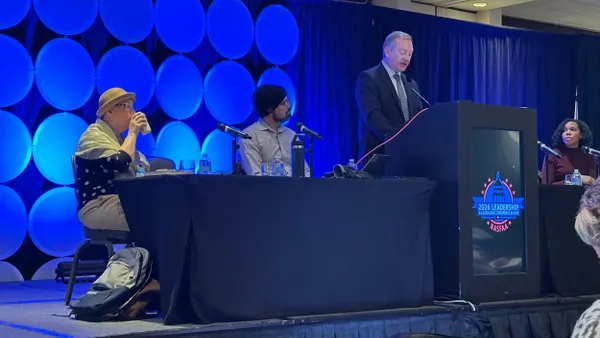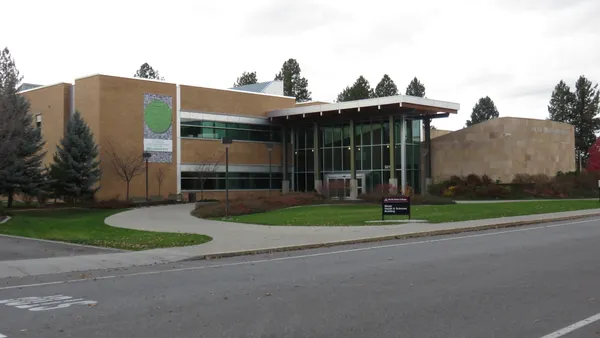Dive Brief:
- A federal judge on Tuesday ordered the National Science Foundation to restore potentially hundreds of millions of dollars in federal research grants to the University of California.
- Researchers at the university system in June brought a class-action lawsuit against NSF and other federal agencies over their termination of $324 million in funding, and quickly won a temporary injunction restoring the grants.
- This week, U.S. District Judge Rita Lin concluded NSF violated that order by cutting funding to the University of California, Los Angeles in late July over allegations related to antisemitism and other concerns. An NSF spokesperson said in an email Wednesday the agency has reinstated UCLA’s funding in response to the order.
Dive Insight:
On June 4, several University of California researchers sued President Donald Trump and his administration over mass cuts to research funding spearheaded by the newly created Department of Government Efficiency.
Plaintiffs argued that the funding cuts violated key constitutional principles, including separation of powers, freedom of speech and right to due process, in addition to multiple federal statutes.
“Before President Trump took office, federal agency grant making proceeded under the authority of Congress, which created agencies through its constitutionally assigned exclusive legislative power, and appropriated taxpayer funds for specific public purposes that the agencies were tasked to execute,” the researchers said in their complaint.
They added that after taking office, Trump “attempted to seize direct control of federal agencies by bypassing Congress and upending the statutory and regulatory system under which federal agencies have historically and legally operated.”
Later that month, Lin concluded that the researchers would likely win their case on its merits and issued a preliminary injunction directing the Trump administration to restore terminated funding to University of California institutions and barring agencies from cutting their funding without grant-specific explanations.
But in late July, NSF “indefinitely suspended” numerous grants to UCLA, as attorneys for the plaintiffs noted in court filings. In the suspension notices, the agency cited allegations of widespread campus antisemitism and “illegal race-based preferences in admissions” — claims now common in the administration's attacks on higher education.
The University of California system last week entered negotiations with the Trump administration in an effort to restore more than half a billion dollars in total research funding. When announcing the talks, UC President James Milliken called the UCLA cuts “a death knell for innovative work” that "do nothing to address antisemitism.”
The funding cuts came shortly after the U.S. Department of Justice alleged UCLA had violated civil rights law by failing to adequately address antisemitism.
The Los Angeles Times put the figure of NSF’s cut funding to UCLA specifically at $300 million. As one UCLA professor recounted in court papers filed Monday, the indefinite suspension orders had immediate and permanent effects, including stalled research and the loss of a potential graduate student worker to another project.
NSF argued in court that its indefinite suspensions did not violate Lin’s earlier injunction, which the agency said applied to grant terminations. But in Tuesday’s order, Lin concluded that the two terms were equivalent in practice.
“NSF may have re-labeled its action a ‘suspension,’ but it is a distinction without a difference in this case,” Lin wrote. “After all, a terminated grant can be reinstated, just as a suspension can be ‘lifted.’ And a suspension, if it is of indefinite length, is functionally identical to a termination from the researcher’s perspective.”















